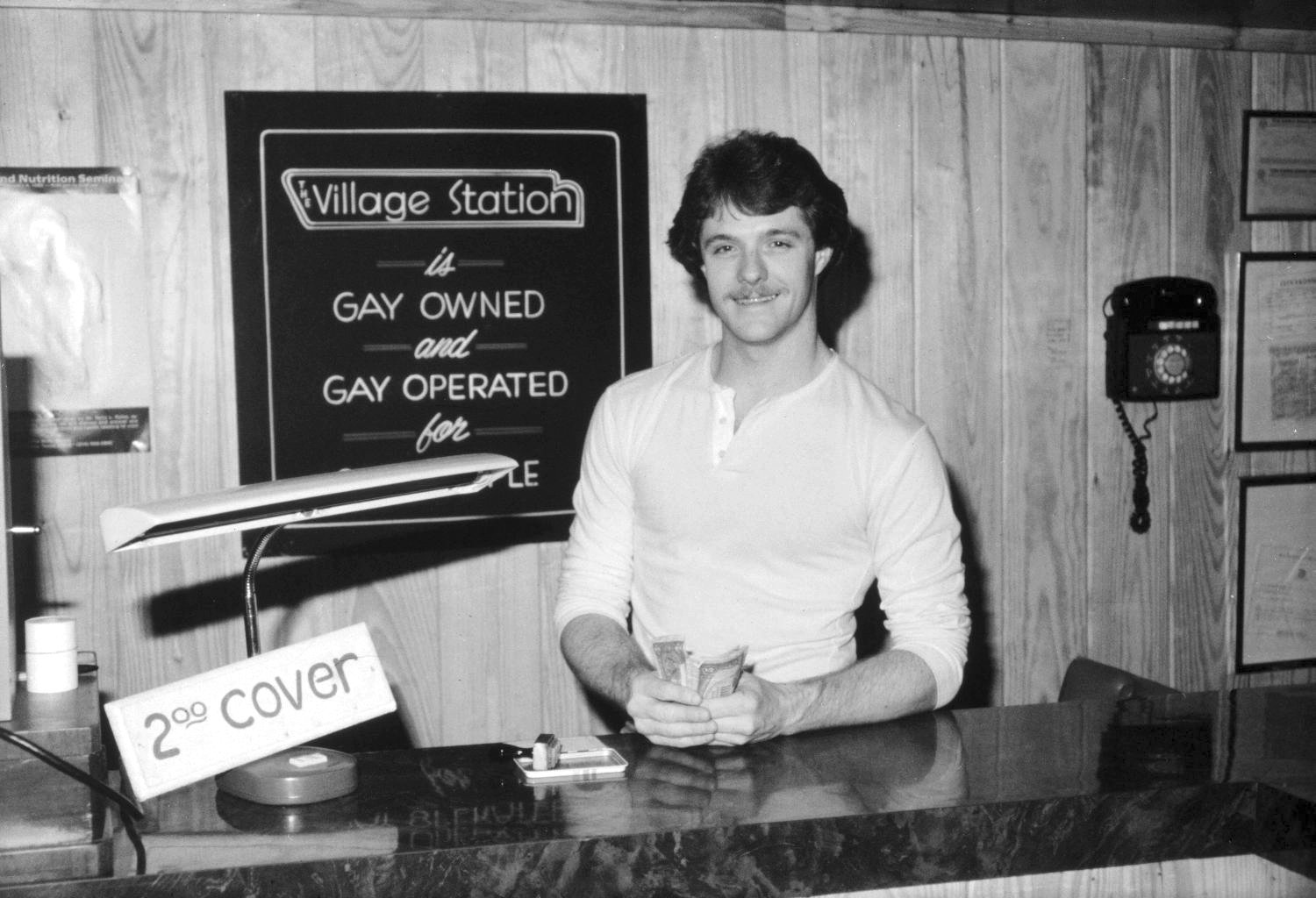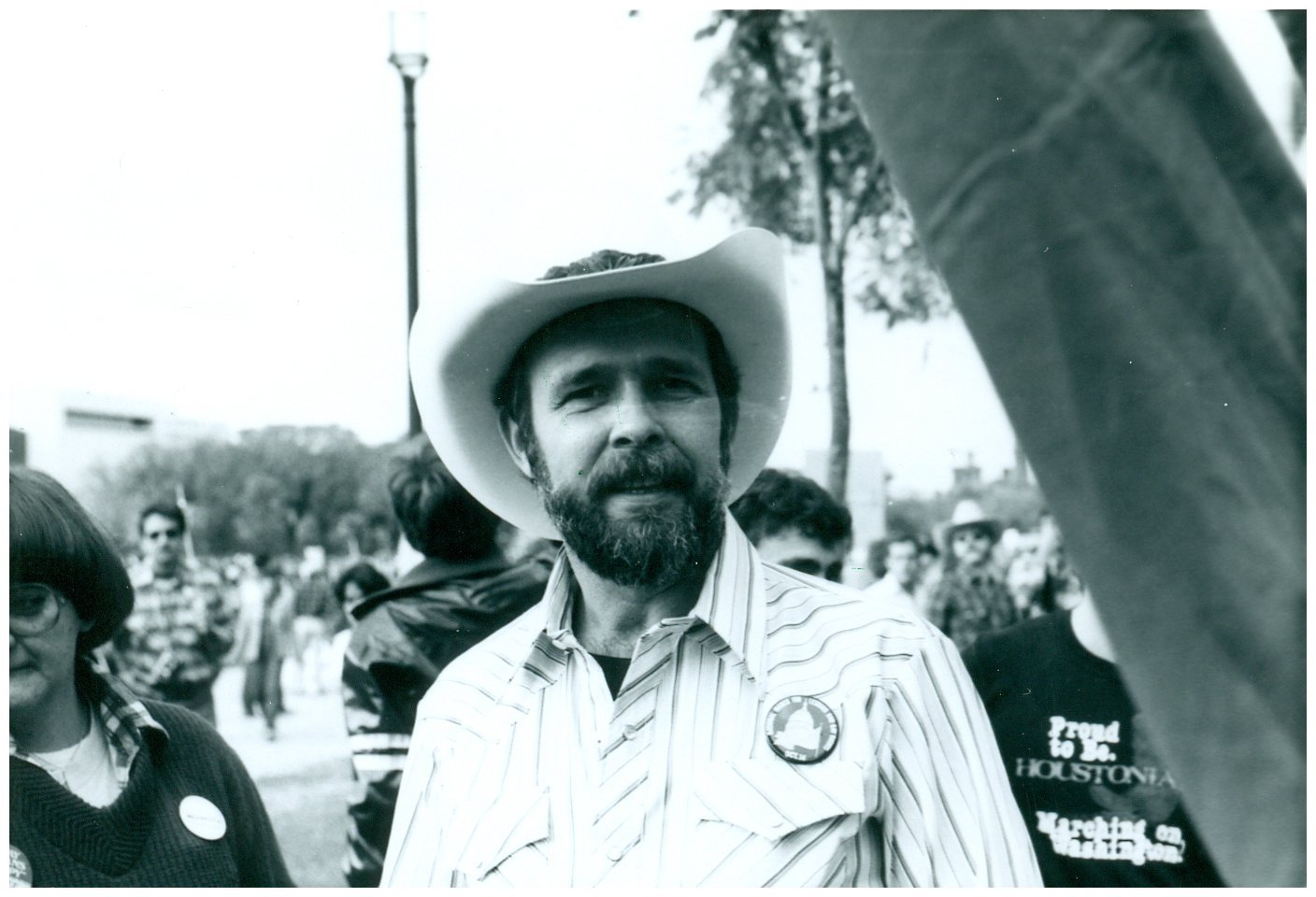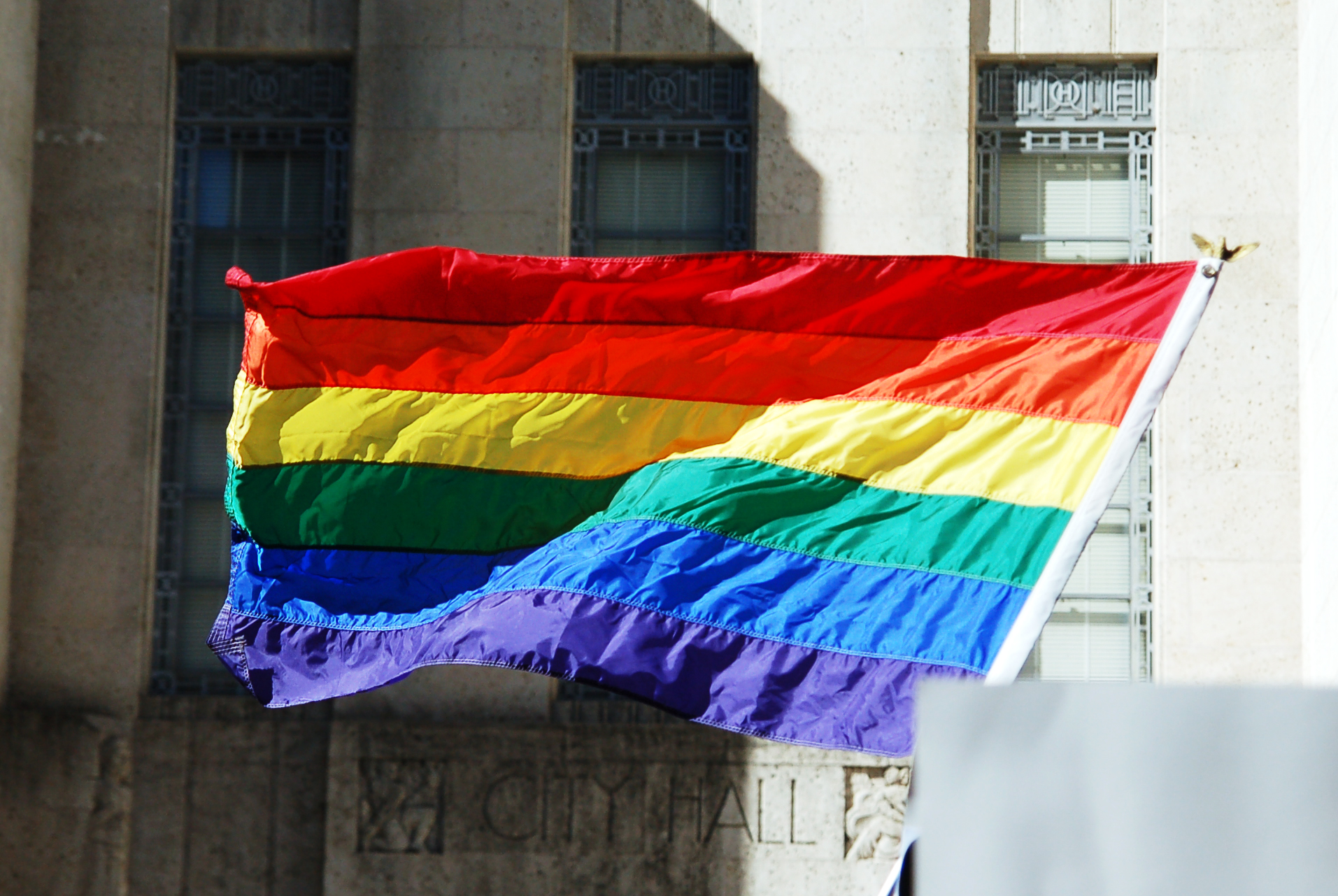
Five New Year’s Resolutions for the Texas LGBT Movement

Back in May, veteran gay activist Michelangelo Signorile visited Texas to warn the LGBT community against what he calls “victory blindness.”
It’s a condition in which oppressed groups become complacent after major victories, making them vulnerable to backlash that threatens to undo their progress.
Weeks after Signorile’s visit, LGBT advocates put the finishing touches on a virtual shutout against discriminatory bills in the 84th Texas Legislature. And the following month, they celebrated the long-awaited arrival of marriage equality.
Then, in November, they suffered a devastating setback in Houston, where voters overwhelmingly repealed the city’s Equal Rights Ordinance. Did LGBT advocates fail to heed Signorile’s warning? If so, HERO’s defeat may have been just the wakeup call they needed.
With that in mind, here are five resolutions to help the LGBT community stave off victory blindness in 2016.
Revive HERO

State Representative Sylvester Turner’s narrow December 12 victory over Bill King in the runoff for Houston mayor was a critical first step toward resurrecting LGBT nondiscrimination protections in Texas’ largest city.
HERO’s lopsided margin of defeat will make its revival politically challenging, but LGBT groups that backed Turner and successful City Council candidates shouldn’t settle for anything less. Turner, who’s black and who performed well in mostly-black districts where HERO performed poorly, may be well positioned to rally support for a new HERO.
But a new equality ordinance cannot leave out transgender protections, which opponents used to defeat the original ordinance. However, it may be worth considering a nondiscrimination law that covers employment, housing and city contracting, but not public accommodations.
Get Ready for 2017
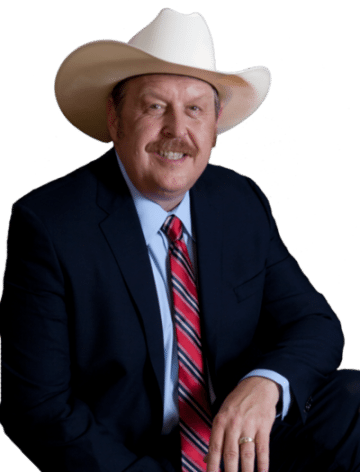
Frustrated by the defeat of more than 20 anti-LGBT bills in 2015, socially conservative lawmakers are likely to launch a fresh assault on equality in the 85th Legislature.
In his interim charges, Lieutenant Governor Dan Patrick called for senators to make recommendations to ensure government doesn’t force individuals or businesses to violate their sincerely held religious beliefs — similar to language used in several anti-LGBT “religious freedom” bills this year. In the Texas House, two conservative representatives, Debbie Riddle and Cecil Bell, continue to pursue and promote anti-trans and anti-marriage equality policies.
And they may have more company next session. Several GOP candidates with anti-LGBT platforms are challenging moderate Republican legislators in the March primary, threatening to tip the balance in favor of anti-equality legislation.
But one of the keys to defeating discriminatory bills in 2015 was opposition from a group of newfound LGBT allies: conservative business leaders.
To pitch another legislative shutout in 2017, LGBT advocates must continue to cultivate support in the business community. And the LGBT community as a whole must continue to rally behind the trifecta of groups that have emerged as its lobbying voice at the Capitol — Equality Texas, the Texas Freedom Network and the ACLU of Texas.
Elect More Out Officials
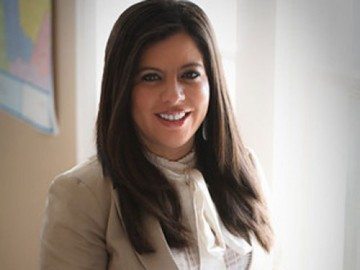
If you don’t have a seat at the table, as the saying goes, you’re on the menu. And in Texas, the LGBT community has very few seats at the table of electoral politics.
In fact, only a handful of the nation’s 500-plus openly LGBT elected officials are from Texas, and with Houston Mayor Annise Parker’s departure in January due to term limits, the state will lose its most visible out lawmaker.
The 84th Legislature was the first in history with two openly LGBT members — Representatives Mary Gonzalez and Celia Israel — and their presence was critical to defeating anti-equality bills, but the community remains grossly underrepresented at the city and county levels, which often serve as stepping stones to higher office.
For example, four of Texas’ five largest cities — Austin, Dallas, Fort Worth and San Antonio, all of which are home to thriving LGBT communities — lack an out city council member.
In addition to rallying behind incumbents — from Gonzalez to Republican Lamar County Clerk Russ Towers — LGBT advocates should make it a priority to foster the next generation of out candidates.
Focus on LGBT Youth

Equality Texas hailed Representative Turner’s homeless youth study as one of the few pro-LGBT bills to ever pass the Texas Legislature. Up to 40 percent of homeless youth are believed to be LGBT, with most having been kicked out or run away due to parental rejection.
Texas’ only homeless shelter for LGBT youth opened this year in San Antonio, and plans for a similar facility are taking shape in Houston. But even when LGBT youth are accepted by their parents, they frequently face bullying and harassment in school.
Texas is one of more than 30 states that lack an LGBT-inclusive anti-bullying law, and only a handful of districts have adopted comprehensive local policies.
A controversy this year in Keller ISD illustrated the challenges of enacting these policies in conservative areas, and the 2014 suicide of 17-year-old Alex DeChiara was a bitter reminder as to their importance.
LGBT advocates should also continue their push to outlaw the dangerous and discredited practice of “reparative therapy” — which the Republican Party endorsed in its 2014 platform, but a proposal to ban it didn’t get a hearing in the Legislature this year.
Embrace the ‘T’
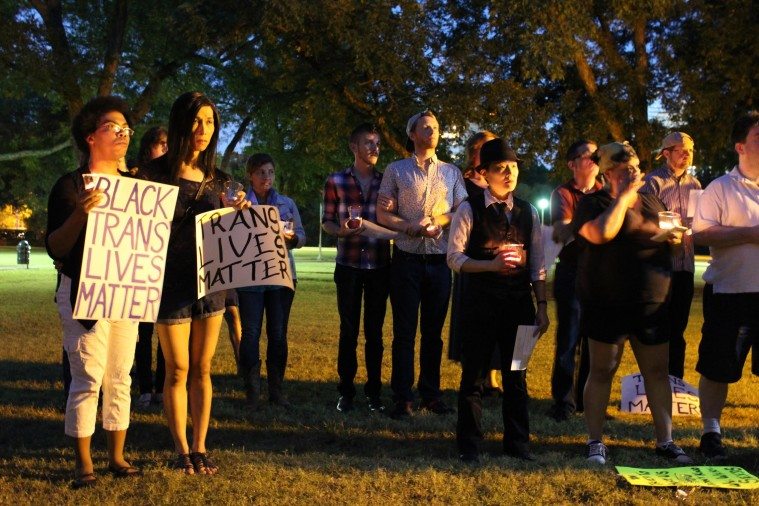
Thanks to the anti-HERO campaign, the transgender bathroom myth has emerged as the single biggest obstacle to nondiscrimination protections, the LGBT movement’s top post-marriage equality priority.
To achieve progress in Texas and beyond, LGBT advocates must learn how to more effectively counter the false, fear-mongering assertion that nondiscrimination laws allow men to enter women’s restrooms and prey on victims.
Long before they became a strategic target for opponents of equality, trans people were the most oppressed of any LGBT subgroup, facing the highest rates of discrimination, unemployment, homelessness and suicide.
Trans women, and particularly those of color, are increasingly a prime target for anti-LGBT violence, including three murders in Texas this year. Trans people are also systematically denied healthcare, and all too often they’re the victims of sexual assault in prison. It’s time to finally make trans issues a priority — not just because doing so could help pass equality ordinances, but because it’s the right thing to do.
[Featured image: Alex Steffler/flickr/creative commons]
